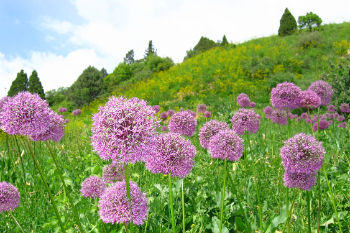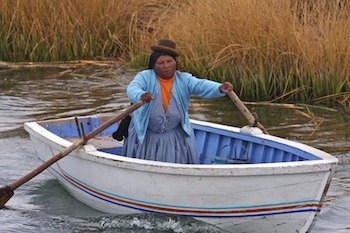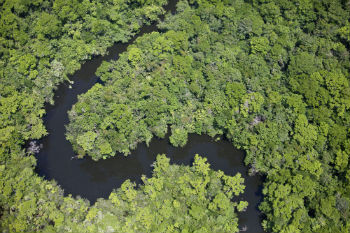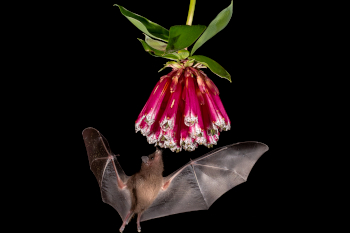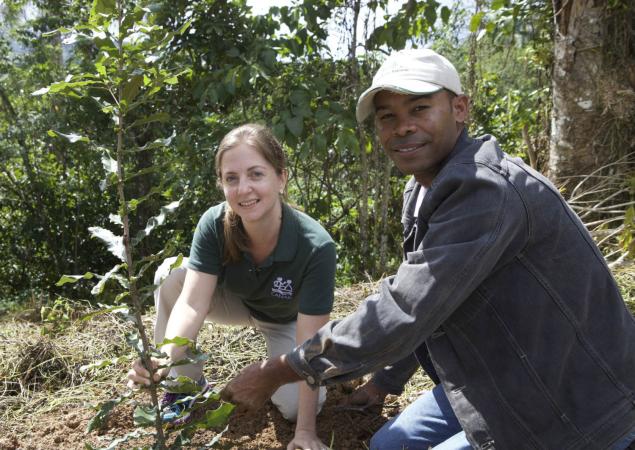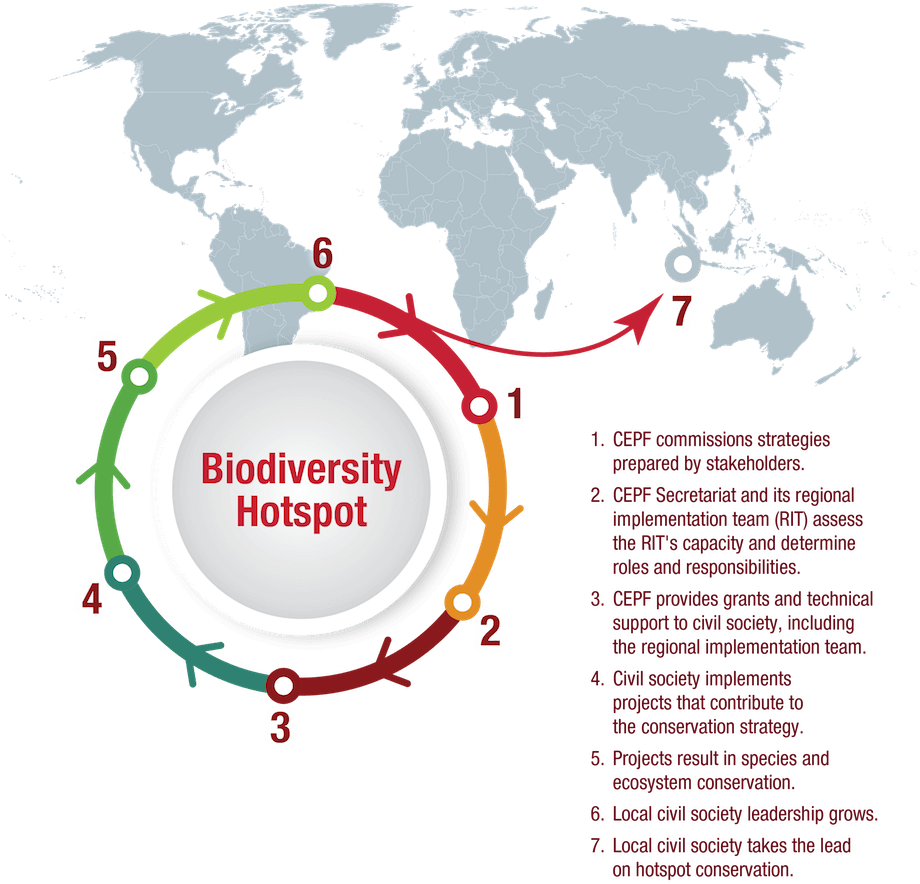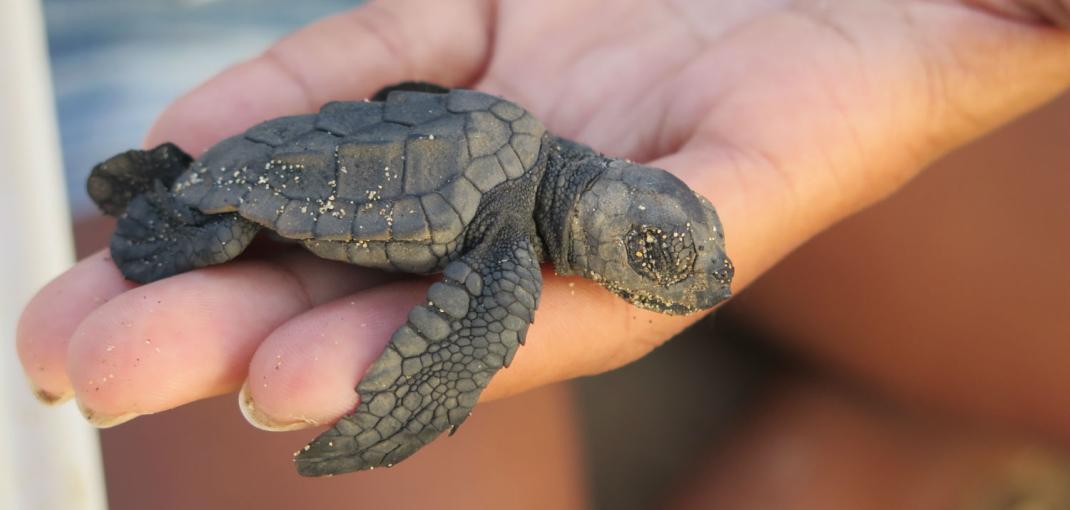Our goal
Conserving biodiversity.
What makes us unique
By supporting the development of conservation strategies driven by local input, and providing grants to civil society—nongovernmental, private sector and academic organizations—to implement those strategies, CEPF seeks to protect biodiversity, build local conservation leadership and nurture sustainable development. We believe this is the most effective path to conservation and communities that flourish.
CEPF's investments are especially important because the biodiversity hotspots are home to millions of people who are impoverished and highly dependent on nature for survival.
While a lot of global conservation funding is directed to governments, experience has shown us that engaging with and strengthening local civil society in the developing and transitional countries of the biodiversity hotspots is critical to the long-term success of conservation.
Nongovernmental groups bring innovative ideas and practical solutions, as well as participatory approaches, to solving local challenges. This positions them to be trusted partners of government, as both seek to secure vital resources for the long-term benefit of local communities while also contributing to global conservation and sustainable development goals.
Partnership also is central to achieving biodiversity conservation. Bringing together the funding and technical expertise of our donors and delivering them to organizations at the local level allows us to efficiently turn those resources into grassroots conservation action where it is needed most. Meanwhile, our grantees collaborate with other local organizations, governments and the private sector, contributing to the larger conservation strategies and robust civil society leadership that can truly move the dial toward a healthy future for us all.
Our grants
- Are guided by ecosystem profiles—analyses of the biodiversity and socio-economic conditions in hotspots—that are produced by, and in consultation with, local stakeholders and serve as regional conservation strategies.
- Go directly to civil society groups in the biodiversity hotspots to build this vital constituency for conservation alongside governmental partners.
- Are awarded on a competitive basis.
- Contribute to governments’ efforts to meet targets related to the U.N.’s Convention on Biological Diversity (the Aichi Targets), Framework Convention on Climate Change, and Sustainable Development Goals (SDGs).
- Create working alliances among diverse groups, combining unique capacities and eliminating duplication of efforts.
- Achieve results through an ever-expanding network of partners working together toward shared goals.
